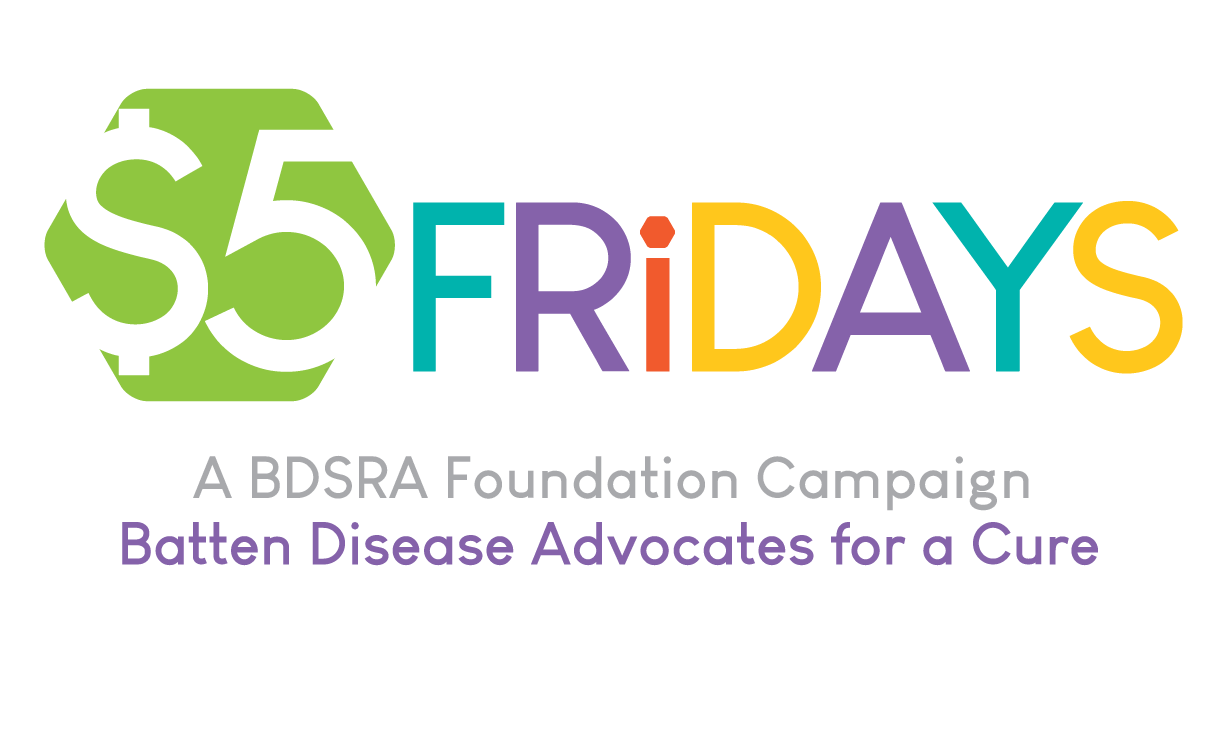Dr. Marco Sardiello is an Assistant Professor at the Baylor College of Medicine in Houston, Texas. In its latest funding round, BDSRA’s board approved his proposal: mTORIndependent Lysosomal Enhancement for the Treatment of Neuronal Ceroid Lipofuscinoses. He writes: “Many neurodegenerative diseases share as a common cellular feature the accumulation of undigested material, which in many instances has been proven to play a causative role in the pathogenesis of the disease. Pathological accumulation of undigested material is often the result of an overwhelmed cellular degradative system, which can be due either to genetic defects that affect the function of lysosomal and autophagy pathways (e.g., lysosomal storage disorders), or to different causes such as the abnormal generation of aggregation prone proteins (e.g., Alzheimer’s, Parkinson’s and Huntington’s diseases). We and others have provided proof of principle evidence that activation of lysosomal pathways may be an effective strategy to ameliorate disease phenotypes in animal models of these neurodegenerative diseases. The overall goal of this project is to use pharmacological activation of lysosomal pathways—obtained by repositioning an FDA approved drug—to counteract disease progression in a mouse model of Neuronal Ceroid Lipofuscinosis. We will also test how this strategy can be extended to the whole group of the NCLs by cell centered studies. We have strong evidence that lysosomal enhancement mediated by activation of TFEB, a master regulator of autophagic lysosomal pathways, is of benefit in mouse models of Juvenile Neuronal Ceroid Lipofuscinosis (JNCL) and Sanfilippo Syndrome Type IIIB. We have now identified a new signaling pathway that (1) leads to the activation of TFEB in the brain, (2) is pharmacologically actionable with small drugs that are currently being tested in clinical trials, and (3) is independent of the mTOR signaling. Our preliminary data show that the pathways activated by TFEB have the potential to counteract neurodegeneration in a plethora of diseases characterized by the storage of un-degraded material. Thus, results from this project could benefit the whole group of Neuronal Ceroid Lipofuscinoses (NCLs) and could rapidly lead to translation.”
For more information about Dr. Sardiello’s work, see: http://dx.doi.org/10.1111/nyas.13131


